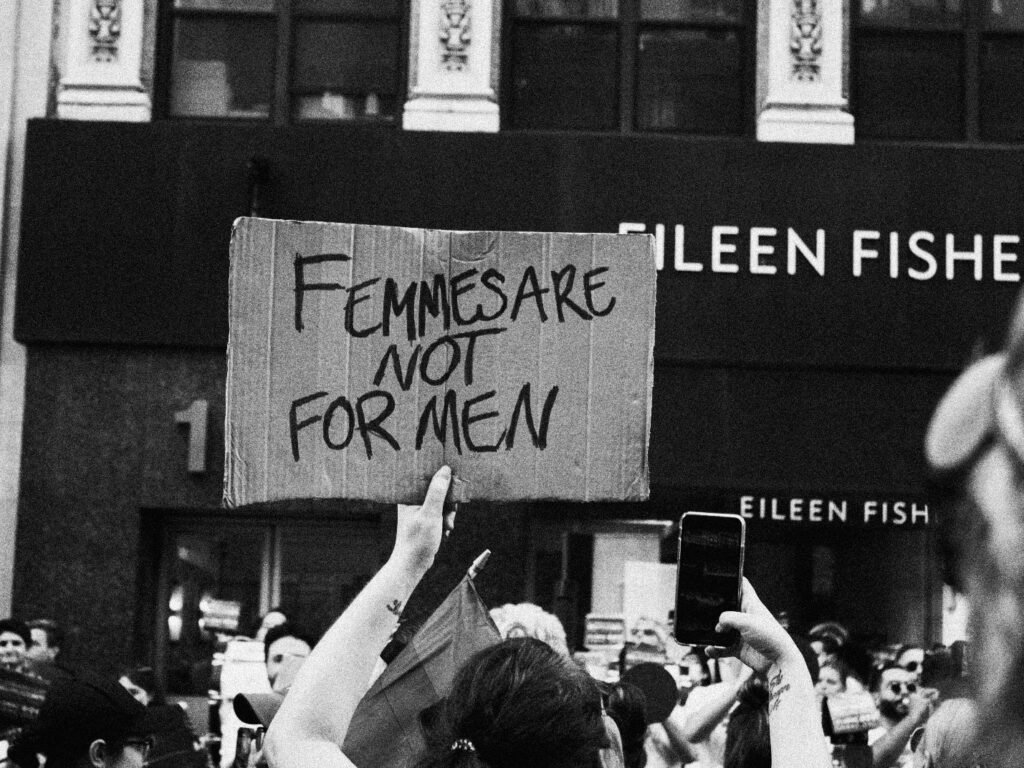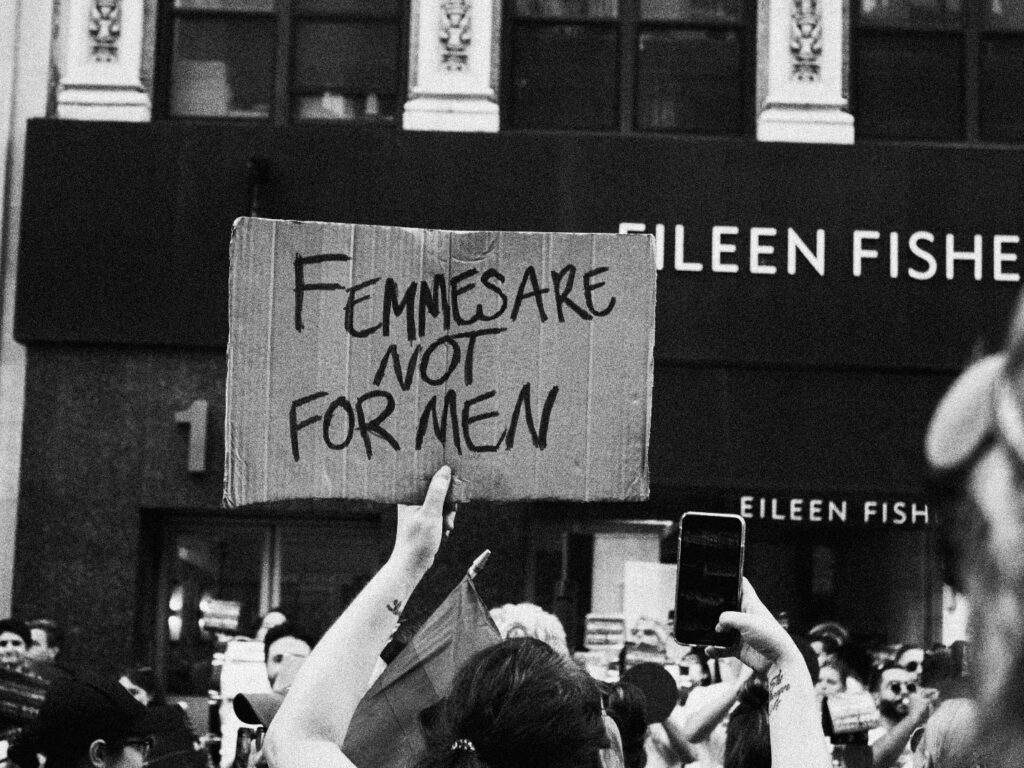Feminism, frequently misinterpreted as exclusively advocating for women, has served as an arena for profound discourse on the engagement of men within its domain. While some advocate for men to assume a supportive role as allies, others scrutinise their involvement, viewing it as an encroachment upon a movement designed to emancipate and empower women.
Fundamentally, feminism aims to achieve gender parity by dismantling the patriarchal systems of the past that have historically oppressed women. But there is also a difficult question about how men fit into feminism: are they supportive, allies, or unintentionally imposing their will in places meant for women’s voices and struggles?
First and foremost, it is critical to recognise the role that male allies play in feminism. Men have a great deal of privilege and power because they are essential to society. The feminist movement has a lot of potential when it uses this advantage to question social conventions, support gender equality, and provide voice to women. By their involvement, society views may be reshaped, toxic masculinity could be challenged, and structural injustices impacting both genders could be addressed.

However, the notion of men assuming leadership in feminist dialogues or dictating the trajectory of the movement triggers legitimate concerns. The apprehension doesn’t revolve around men endorsing feminist principles; rather, it pertains to the risk of overshadowing the genuine experiences and voices of women. Feminism isn’t about affording men a prominent position; it’s fundamentally about establishing a platform where women are genuinely heard, esteemed, and empowered to assert agency over their own lives.
The risk is that men can unintentionally support the very systems that feminism aims to overthrow. The advancement of the movement can be hampered by dominating debates, claiming credit for feminist accomplishments, or forcing their viewpoints without taking into account the experiences of women. To be a true ally, one must learn from, listen to, and elevate the voices of women without putting one’s own agendas forward.

Nevertheless, others contend that men’s active involvement in feminism ought to involve self-reflection and development rather than just being allies. Crucial to building a more just society are unlearning harmful behaviours, questioning their privileges, and questioning conventional notions of masculinity. Men can identify their contributions to the continuation of gender-based discrimination and take proactive steps to bring about change by engaging in this self-reflection.
While men can significantly contribute to feminism, it’s crucial to uphold the movement’s fundamental essence without dilution or distortion. Feminism doesn’t seek to include men merely for the sake of diversity; its core objective lies in deconstructing oppressive systems and championing gender parity. Men’s roles as allies should enhance and amplify women’s voices rather than overshadow or dictate them.
Men’s participation in feminism is essentially multifaceted. As important allies, they use their positions to question social conventions and promote gender equality. They must, however, avoid controlling or leading the movement and instead exhibit humility, a deep understanding, and a willingness to learn from and assist women in their work.
In essence, feminism transcends the realm of gender dominance, aspiring instead toward a unified quest for equality and fairness among all genders. Men possess the potential to wield significant influence in this pursuit by embracing empathy as allies, advocating for women’s leadership, and actively contributing to the realisation of an inclusive and egalitarian societal fabric.
Sources
- https://menengage.unfpa.org/en/news/7-ways-men-can-be-better-allies-gender-equality
- https://plan-international.org/girls-get-equal/what-is-a-mans-role-in-gender-equality-activism/#:~:text=Show%20solidarity&text=It%20is%20necessary%20to%20stand,equal%20respect%20and%20equal%20power.
- https://www.cidse.org/2020/03/04/what-is-the-role-of-men-in-feminism/
- https://www.iastatedigitalpress.com/jctp/article/620/galley/500/view/




